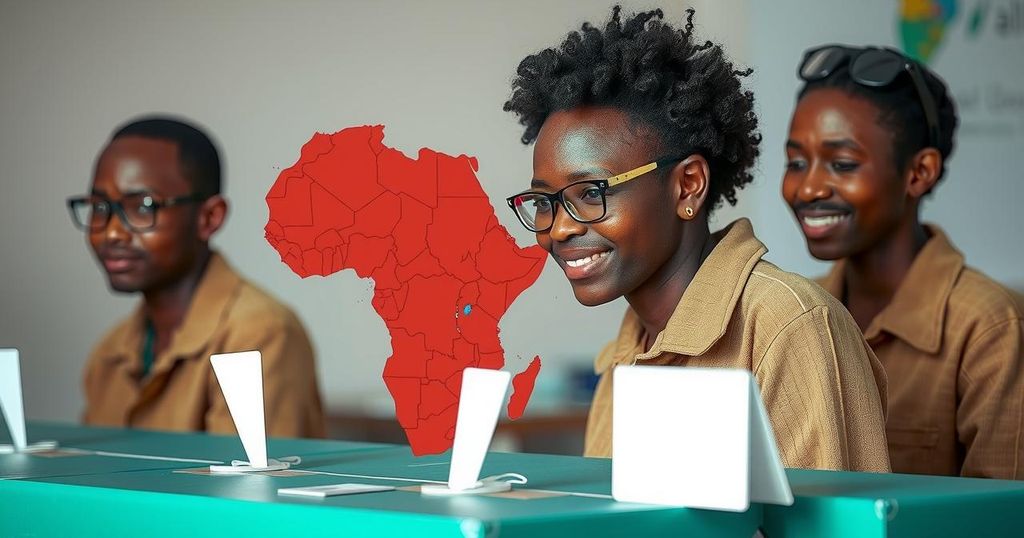The 2024 elections in Southern Africa showcased significant political shifts with traditional liberation parties, such as the Botswana Democratic Party and the African National Congress, experiencing substantial electoral declines. Increasingly younger voters prioritized economic issues over historical affiliations, leading to a demand for change. Protests in response to disputed election results and rising dissatisfaction across the region further emphasized the urgent need for accountable governance, marking a pivotal moment in the political landscape of Southern Africa.
In the 2024 elections in Southern Africa, there was a significant shift in political power, with long-established liberation movements witnessing dramatic electoral losses. Countries such as Botswana saw the end of the Botswana Democratic Party’s 58 years of rule, while in South Africa, the African National Congress lost its majority for the first time since the end of apartheid. The shift in voter demographics, particularly the rise of younger voters disenchanted with their governments’ economic performance, contributed to these changes. This generational transition prioritizes economic stability and opportunities over historical party affiliations rooted in past liberation struggles. In Namibia, SWAPO narrowly retained its parliamentary majority amidst fears of an impending political upheaval. Moreover, protests erupted in response to election outcomes in Mozambique and Comoros, further illustrating the rising unrest across the region. As democratic processes continue with relative stability, ruling parties must confront the growing demand for accountability and responsiveness from the electorate, particularly the youth. The outcomes reflect broader trends across the continent, signaling a potential decline of once-dominant parties in favor of emerging political entities attentive to the aspirations of younger citizens.
The political landscape of Southern Africa in 2024 is marked by substantial electoral changes impacting traditional liberation parties. Historically, these parties leveraged their roles in the fight against colonialism for political support. However, economic woes, especially concerning youth unemployment and inflation, have eroded this support. The 2024 elections revealed a shifting focus among voters, particularly young individuals who seek tangible improvements in governance and economic prospects rather than a nostalgic allegiance to liberation history. This changing dynamic necessitated adaptations from long-standing political actors who face unprecedented challenges in maintaining power.
The 2024 elections in Southern Africa highlighted a critical transformation in political dynamics, marked by the decline of historical liberation parties amid increasing demands from younger voters for economic prosperity and accountability. By losing significant support, these liberation movements potentially signal a new political era characterized by responsive governance and a focus on contemporary challenges. Such developments not only indicate a departure from the past but also reflect a broader pattern across the African continent, where newer political options are resonating with increasingly disillusioned electorates. These changes pose a considerable challenge to entrenched political establishments as citizens strive for their voices and needs to be adequately addressed.
Original Source: abcnews.go.com






